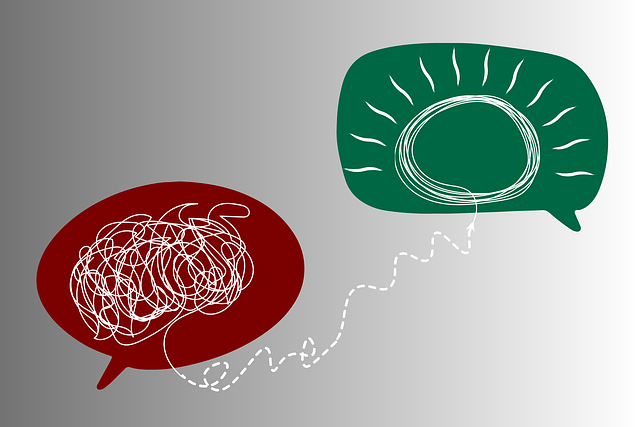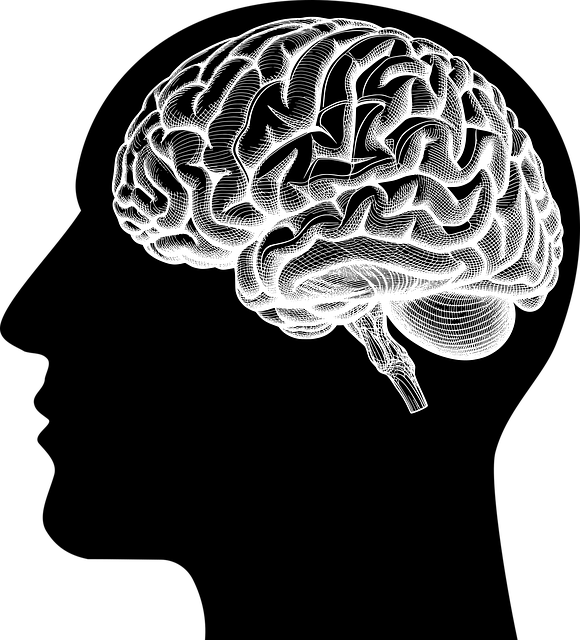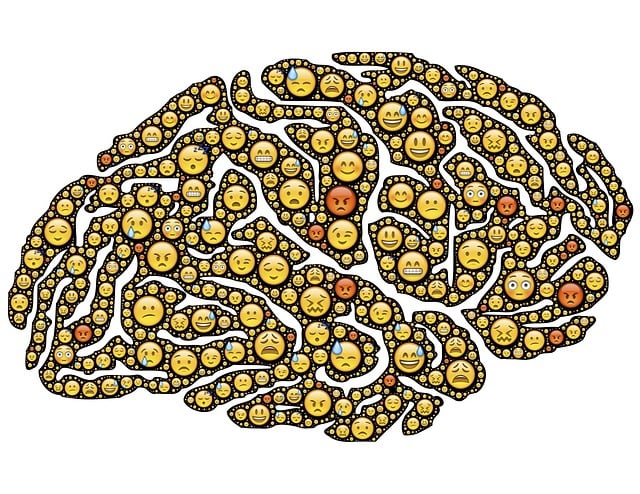Addressing emotion regulation among Russian-speaking elders is vital due to cultural differences and language barriers hindering traditional therapy. Tailored strategies, including resilience building, culturally sensitive self-awareness exercises, and stress management workshops, are essential for their emotional well-being. Cognitive-behavioral therapy (CBT) and mindfulness practices empower them to manage stress and anxiety effectively, promoting greater resilience. Access to specialized, culturally competent therapy services is crucial to overcoming barriers and improving emotional health outcomes for this community.
Emotion regulation techniques are crucial for maintaining mental health, especially among Russian-speaking elders who often face unique challenges. This article explores effective strategies to help this demographic manage their emotions and enhance their overall well-being. We delve into understanding emotional regulation from a cultural perspective, providing insights on tailored techniques. Furthermore, we discuss the pivotal role of therapy in assisting Russian-speaking elders in navigating and overcoming emotional hurdles, offering them support and guidance.
- Understanding Emotion Regulation for Russian-Speaking Elders
- Effective Techniques to Teach Emotion Management Skills
- The Role of Therapy in Enhancing Emotional Well-being for This Demographic
Understanding Emotion Regulation for Russian-Speaking Elders

Understanding emotion regulation is particularly important for Russian-speaking elders, who may face unique challenges in expressing and managing their feelings due to cultural differences and language barriers. Many traditional therapy approaches might not take into account the specific needs and experiences of this demographic. Therefore, tailored strategies are essential for effective emotional well-being.
Russian-speaking elderly individuals often have rich life histories and cultural backgrounds that can influence their perception and expression of emotions. Incorporating resilience building techniques, such as encouraging reflection on past accomplishments, can help them tap into inner strength. Self-awareness exercises, adapted to their linguistic and cultural context, can facilitate understanding of emotional triggers and responses, empowering them to make sense of their feelings. Moreover, organizing stress management workshops specifically designed for this community can provide valuable tools for coping with modern life’s demands while preserving their cultural identity.
Effective Techniques to Teach Emotion Management Skills

Teaching emotion regulation skills is a powerful tool for enhancing mental health awareness, especially among older adults in the Russian-speaking community. Therapists and healthcare providers play a crucial role in this process by employing techniques that cater to cultural competency training. Given the unique challenges faced by this demographic, personalized approaches are essential. One effective strategy is cognitive-behavioral therapy (CBT), which helps individuals identify and change negative thought patterns linked to emotions. CBT encourages Russian-speaking elders to express their feelings, replace distressing thoughts with more positive ones, and adopt coping strategies tailored to their needs.
Additionally, mindfulness practices have gained prominence in resilience building. Mindfulness meditation allows participants to focus on the present moment, observe their emotions without judgment, and develop a deeper understanding of their triggers. This skill can be particularly beneficial for managing stress and anxiety. By incorporating these techniques into therapy sessions, healthcare providers can empower Russian-speaking elders to navigate their emotional landscapes more effectively, fostering a greater sense of well-being and resilience.
The Role of Therapy in Enhancing Emotional Well-being for This Demographic

For Russian-speaking elders, access to effective therapy can significantly enhance their emotional well-being. Many within this demographic have unique challenges, including cultural barriers and potential language difficulties in accessing traditional mental health services. Specialized therapy for elders tailored to these specific needs is crucial. Such therapy not only provides a safe space to express feelings but also offers valuable tools for managing long-standing issues that can impact emotional regulation.
Russian-speaking seniors may have experienced significant life events, such as displacement or trauma, which require specialized trauma support services. Mental health professionals skilled in working with this population can help them process these experiences and develop coping mechanisms to improve overall emotional resilience. Through mental health policy analysis and advocacy, it’s possible to ensure that these services are accessible and culturally competent, thereby fostering better emotional health outcomes for Russian-speaking elders.
Emotion regulation techniques teaching plays a pivotal role in enhancing the emotional well-being of Russian-speaking elders. By understanding their unique challenges and employing effective techniques, such as cognitive reappraisal and mindfulness, professionals can significantly improve their ability to manage emotions. The integration of tailored therapy for elders speaking Russian offers a promising path toward fostering resilience and overall mental health within this demographic.














